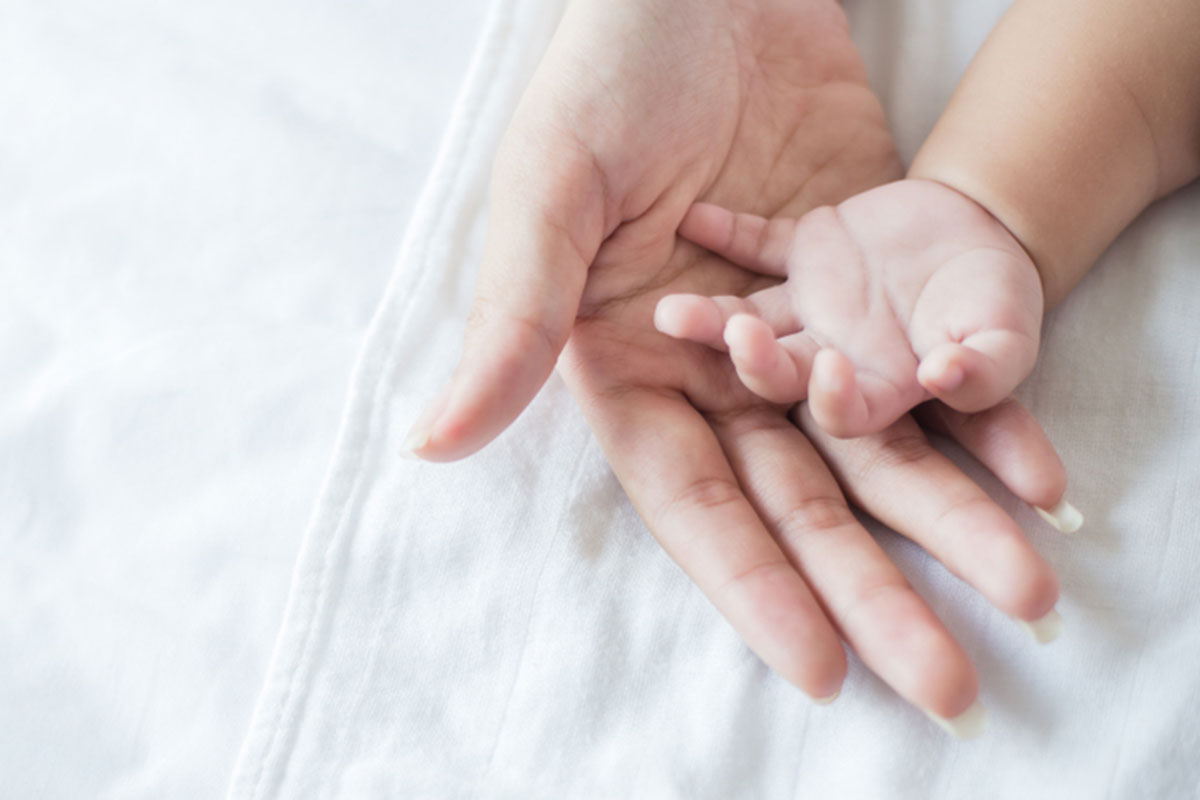This article appeared in TODAY. Read the full story here.
Last weekend an infant in Chicago died after testing positive for COVID-19. A 1-year-old in Colorado experienced seizures due to a high fever, and was presumed to have COVID-19. Newborn babies whose mothers were COVID-19-positive have also tested positive for the disease, a study reported.
As more and more cases of the coronavirus are reported in kids and babies, parents are worrying.
“When it comes to newborn babies, don’t know a ton, yet. Unfortunately, we have very isolated reports of newborn babies who have gotten it,” said Dr. Rosemary Olivero, division chief for infectious disease at Helen DeVos Children’s Hospital in Grand Rapids, Michigan. “While we do not have a large body of data to tell us what to expect for newborns, the reports we have received so far suggest that COVID-19 has been mild for babies.”
What coronavirus symptoms do young children experience?
There are certainly some things doctors do understand about COVID-19 and young children. Namely, infants, babies, toddlers and older children experience similar symptoms of COVID-19 as adults.
“We still rely on the same three symptoms that have been identified,” Dr. Patricia Whitley-Williams, chief of pediatric infectious disease at Rutgers Robert Wood Johnson Medical School in New Brunswick, New Jersey, told TODAY. “Cough, respiratory distress — breathing fast, having difficulty catching your breath — fever.”
These symptoms remain consistent no matter a person’s age. But doctors have observed that children with coronavirus do report a unique symptom: stomach distress.
“They’ll develop gastrointestinal symptoms, especially diarrhea and vomiting, which may not be seen in adults,” Whitley-Williams explained.
How to know if it’s a common bug or COVID-19:
Most parents know early on that children often experience fever, cough, congestion and upset stomachs for everything from allergies to the common cold. This makes it impossible for them to know when to worry or seek help. That’s why pediatricians agree that parents should call their doctor to seek guidance first.
“If the child does experience any stomach upset or diarrhea and they have a fever, obviously parents should call a pediatrician and ask for advice or ask to have that child seen if necessary,” Whitley-Williams said.
The same goes for the respiratory symptoms. If a parent is worried, calling their regular pediatrician is the best choice. But if a child truly begins struggling to breath, a call to 911 or a visit to an emergency department might be needed.
“You’re going to want your child to be seen,” Dr. Mike Patrick, an emergency medicine physician at Nationwide Children’s Hospital in Columbus, Ohio told TODAY. “If a child is having difficulty breathing, a persistent cough, where it’s hard to catch their breath or they seem to be in any kind of distress, or if they’re breathing hard and rapidly, maybe their nostrils are flaring, or you see the skin sucking in between their ribs.”
But Patrick said that most cases of COVID-19 in children have not been as severe as they are in adults. For some reason, it seems that the virus stays in the upper respiratory tract of children and doesn’t settle in the lungs and lead to other infections, such as pneumonia, he explained.
“We don’t really understand exactly why that is. There are theories that have been proposed, but there is just not enough testing to know,” he said.
Doctors hope that knowing the infection remains milder in children helps ease parents’ fears.

